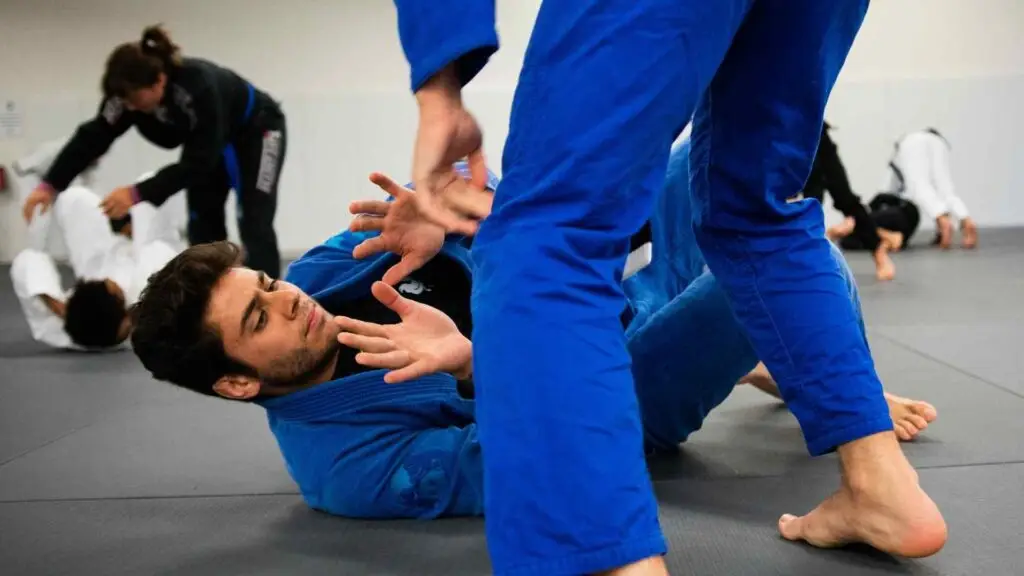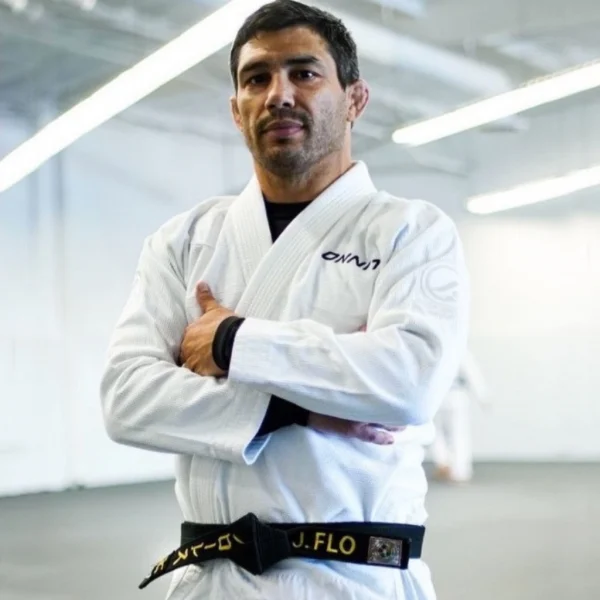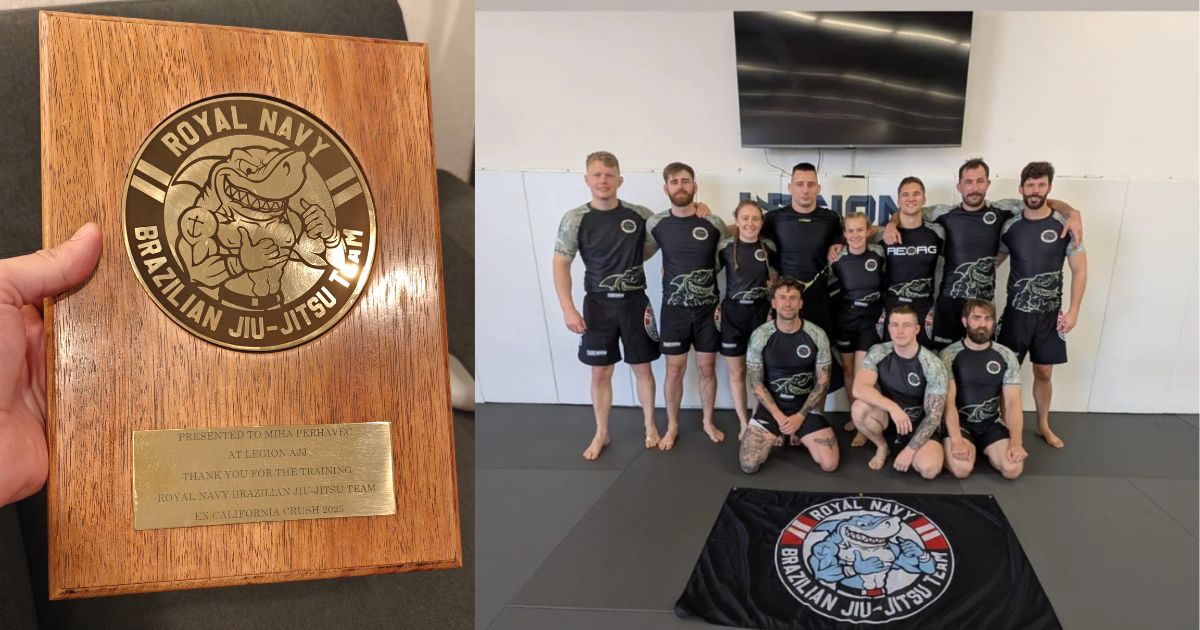How to Optimize Your Sessions for Maximum Progress
If you’ve just started your jiu-jitsu journey, you might be wondering about the optimal jiu-jitsu training frequency. Should you train twice a week? Twice a day? The answer depends on several factors. Here are some guidelines to help you determine the ideal jiu-jitsu training schedule for your goals and lifestyle.
Beginners: 2-3 Times Per Week
When I first started jiu-jitsu in 2012, I was inspired by videos of full-time athletes training 6-8 hours per day. As an impressionable young kid, I tried to emulate their training regimen. While I was fortunate enough to make jiu-jitsu my job, I soon realized that this approach isn’t sustainable for most people with other responsibilities like work and family.
For beginners, 2-3 training sessions per week is a great starting point for jiu-jitsu training frequency. Jiu-jitsu is a complex martial art that engages every muscle group. This schedule allows you to see consistent improvement over time without overwhelming your body. Training less often may slow your progress, while increasing your jiu-jitsu training frequency slightly increases the risk of injury or burnout, especially in the early stages.

Aspiring Competitors: 4-6 Days Per Week
If you’re highly motivated to improve and have a good understanding of your body’s limits, you can gradually increase your jiu-jitsu training frequency. For those with competitive aspirations, a jiu-jitsu training frequency of 4-6 days per week is ideal. However, it’s crucial to create a sustainable schedule that you can maintain consistently. If you’re interested in competing, consult with one of your coaches to develop a personalized jiu-jitsu training frequency plan.

Consistency Trumps Quantity When It Comes To Jiu-Jitsu Training Frequency
In my experience as a coach, I’ve observed that consistency is the key attribute of successful jiu-jitsu practitioners, regardless of their training regimen. It’s better to maintain a jiu-jitsu training frequency of 2-3 days per week consistently than to have erratic bursts of intense training followed by extended breaks. Focus on building a regular jiu-jitsu training frequency habit that fits your schedule. Start with a manageable number of classes and gradually add more as your skills and endurance improve. A crucial aspect of making the most of your training sessions is understanding sparring etiquette, which plays a huge role in how effective and enjoyable your practice will be.
Remember, everyone’s jiu-jitsu journey is unique. If you’d like guidance on creating a tailored jiu-jitsu training frequency plan, feel free to approach me or another coach before or after class. We’re here to help you achieve your goals and make the most of your jiu-jitsu training frequency on the mats.








